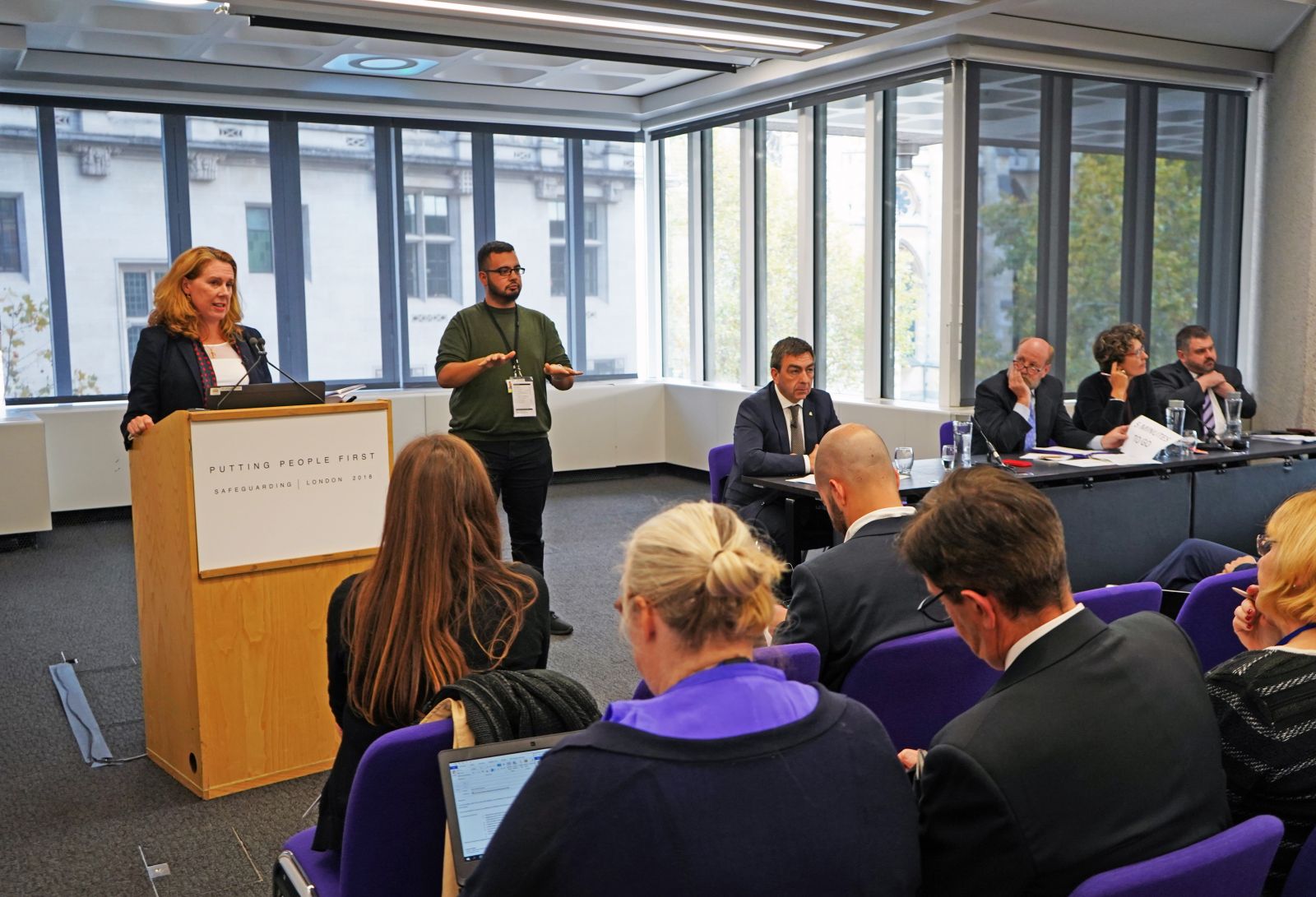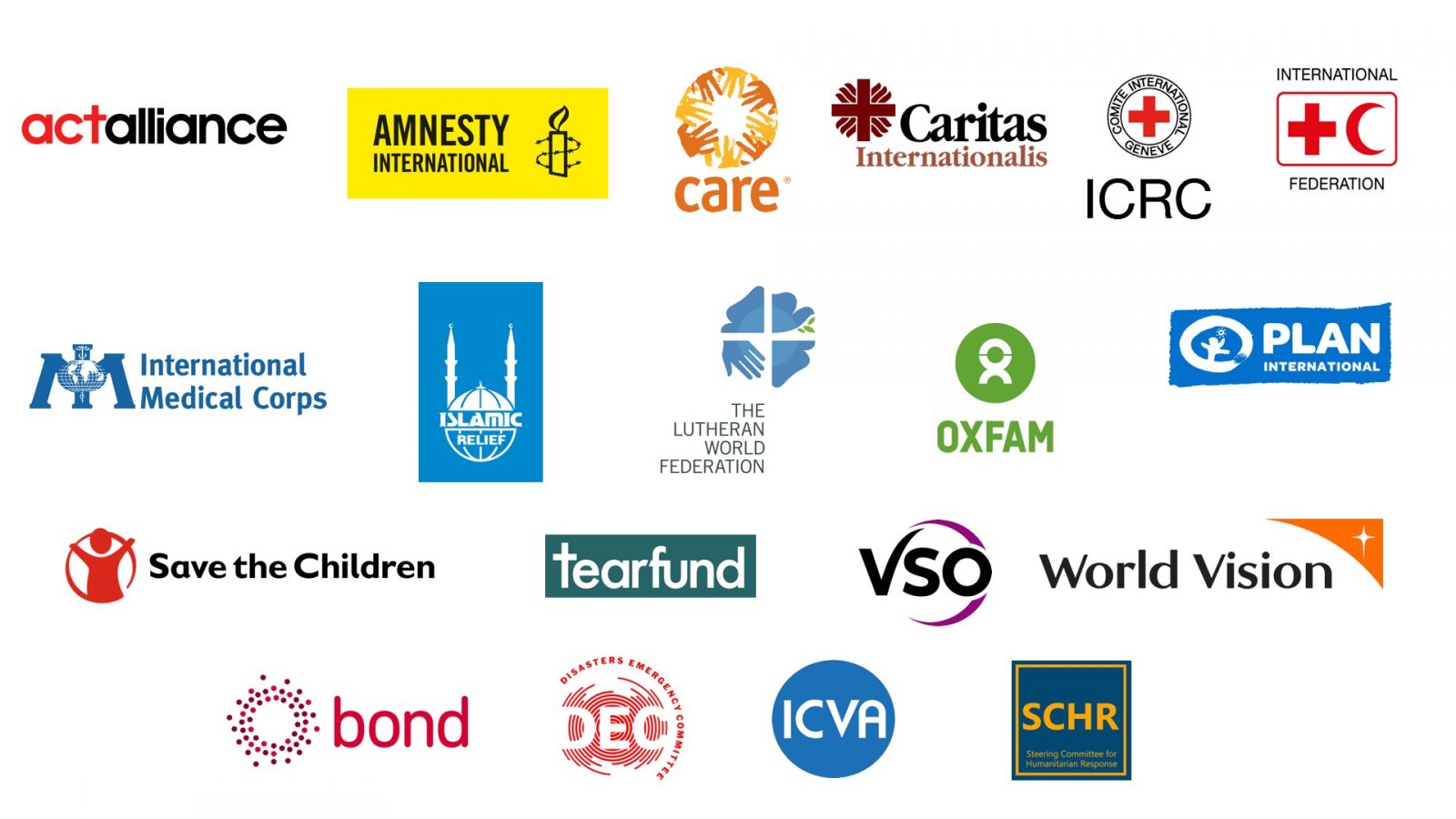Safeguarding Summit – Putting People First: highlights and take-aways

On 18 October DFID’s Safeguarding Summit brought together more than 500 people to address Sexual Exploitation, Abuse and Harassment (SEAH) in the aid sector. NGOs, government representatives, private sector, donors and international organisations joined survivors and victims to jointly commit to a thorough ‘generational’ change.
For the Core Humanitarian Standard on Quality and Accountability (CHS) and the CHS Alliance, there were some important announcements with which we will be engaging carefully in the coming month. Based on the unprecedented momentum created at the Safeguarding Summit, we will be working with you, our members, to ensure commitments are translated into action. Here are some of the key highlights and take-aways:
- Bilateral donors committed to “demonstrate adherence to one or both sets of international minimum standards related to preventing sexual exploitation and abuse (PSEA), namely the Inter-Agency Standing Committee Minimum Operating Standards on PSEA, and/or the PSEA elements of The Core Humanitarian Standard on Quality and Accountability”. “In the longer term,” the commitment reads, “we will look to review and strengthen measures for verification of that adherence, and how the standards could also cover sexual harassment.” DFID made clear that partners who don’t meet these standards will not receive UK aid funding.
This is a crucial recognition of the Standard and its integral role in PSEA. In the coming months, we will be keen to work with the donor community and our members to see what the impact of this commitment will be, and ensure we promote the PSEA index of the CHS, while not losing the commitment to the CHS as a whole.
- The NGO community made a number of commitments, including agreeing minimum standards and ensuring they, and their partners, meet them. Bond, on behalf of the NGO sector, pledged to “deliver a generational change which ensures that safeguarding, and the rights of victims and survivors, are at the heart of all that we do“. They plan to do this by virtue of 12 commitments in four key areas of safeguarding: survivor support and enhanced accountability, minimum standards, cultural change and organisational capacity and capability.
- An interesting development for the CHS Alliance is the potential for an International Aid Ombuds mechanism. We were heartened to see this introduced by Sigrid Kaag, the Dutch Minister for Foreign Trade and Development Cooperation.
For a majority of aid practitioners interviewed within the framework of a scoping study co-authored by CHS Alliance Board member Dorothea Hillhorst, the idea of an International Aid Ombuds as an external oversight entity “represents a natural next step for a sector that has been investing in policies and mechanisms for accountability and complaint handling for several decades”. The Ombuds could give an added impetus to the more adequate application of existing complaints handling mechanisms in order to enhance good and safe programming.”
- The Office for the Coordination of Humanitarian Affairs (OCHA) announced a $1 million fund to provide rapid grants to IASC entities to support investigations into alleged cases of sexual exploitation, abuse and harassment (SEAH).
- As part of the donors’ commitment, a new resource and support hub will be launched, bringing together the latest research, guidance and training on PSEA. This opens up a whole range of possibilities for better support in the prevention and response to sexual exploitation, abuse and harassment in the aid sector.
- Another initiative with high potential for our membership organisations is the Inter-Agency Scheme for the Disclosure of Safeguarding-related Misconduct in Recruitment Processeswithin the Humanitarian and Development Sector, which has been led by the Steering Committee for Humanitarian Response (SCHR).
The signatories of the scheme (see below) commit to working together to find legal means to share relevant information during the recruitment process about individuals who have been found to have committed sexual exploitation, abuse or harassment. They are planning to finalise the scheme by 31 December this year and hope to have 100 organisations signed up by then.
For more information on how to engage with this scheme, please contact Kate Halff, Executive Secretary, SCHR: schr@ifrc.org
It was great to share an exhibition stall with our counterparts from HQAI. We had numerous interesting discussions with attendees about the application of and verification against the CHS as a means to put people first such as to enhance the quality and accountability of aid.

